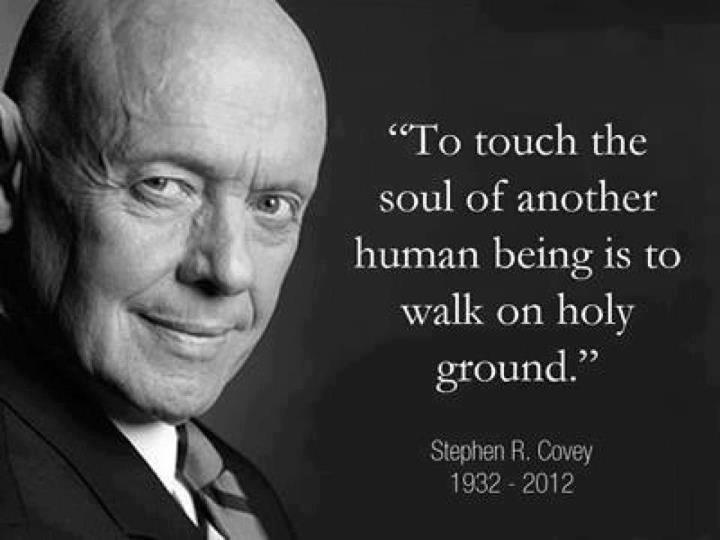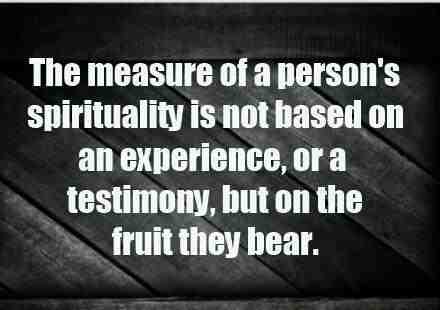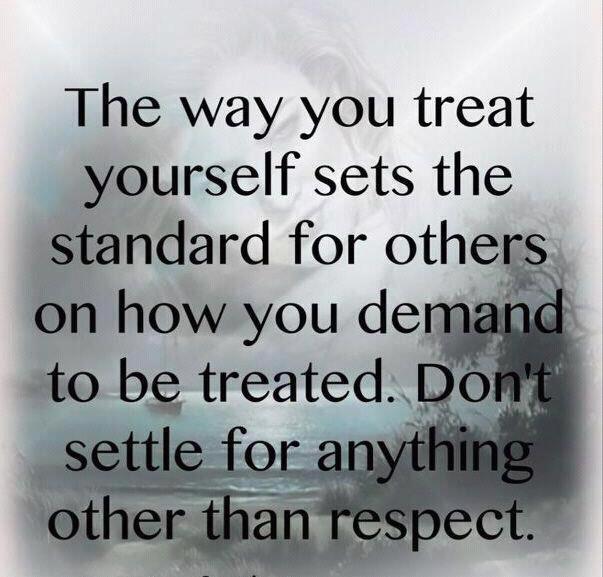Thought Leadership
Tolerating Habits And Unreasonable Requests
Leadership - The Modesty of Supporting From Behind.
Leadership is often perceived as the role of the person who is visibly leading from the front. However, there is equal, if not greater, power in being the pillar of support. Working alongside a leader like Elumelu has taught me that true greatness frequently emerges from the ability to empower others to take the reins. To be positioned behind the scenes is to maintain stability, to establish a solid foundation, and to guarantee that the journey progresses without disruptions.
Consider the role of a mentor or advisor who, although not in the spotlight, plays a crucial role in steering the course of a project or organization. They provide the essential guidance and resources that allow others to shine and succeed. Research indicates that organizations with strong support systems see a significant increase in employee satisfaction and productivity, with studies showing up to a 25% improvement in performance metrics.
Moreover, supporting from behind requires a unique set of skills, including emotional intelligence, patience, and foresight. It involves recognizing the potential in others, offering encouragement, and providing constructive feedback. The humility involved in this role is profound, as the satisfaction comes from seeing others achieve their goals and realizing that one's contribution was instrumental in their success.
In essence, while the leader may receive the accolades, the steadfast support from behind ensures that every milestone is achieved with precision and the team remains cohesive and motivated. Embracing this modest yet influential role can lead to a more inclusive and dynamic form of leadership that values collaboration and shared achievements.
Charles Friedo Frize
Founder / CEO FrizeMedia ThoughtLeader Entrepreneur Visionary

Tolerating Habits And Unreasonable Requests
Thought leadership: Imagine having more energy or more time to focus on the things you really want. Imagine being able to move forward in your life without some of your current stress. Doesn’t that sound good? We all have things in our life that we just put up with or tolerate, for example, a cluttered desk, a messy closet, a squeaky door, a sloppy significant other or child, even STRESS. While the toleration may not seem to be a big deal on the surface…don’t be fooled, they are! Toleration drain us of valuable energy. They prevent us from moving forward.
Thought Leadership - Dare To Be An Inspiration
They are a distraction and they waste time, time that could be spent on something proactive and productive. What are you tolerating and how are they serving you? There is no better time then the present to become free of draining toleration. Here is an exercise that will help you get a handle on those things that are draining you...
1) Make a list of all the things you feel you are currently tolerating.
2) Once you have your list in hand, go over it and look for the pivotal toleration. A pivotal toleration, when removed, removes others with it.
Thought Leadership - Having Power And Not Using It Is Gentleness
3) Look at what is causing your toleration and be sure to remove the cause or the root of the toleration. (A toleration is like a weed, if you do not remove the root, the toleration will just return.)
4) If your toleration list feels overwhelming, again first look for all the pivotal toleration, transferring three or four to a new list. Breaking your list down into bite-sized pieces will help it become more manageable and less overwhelming.
Unreasonable Requests "The reasonable man adapts himself to the world; the unreasonable one persists in trying to adapt the world to himself. Therefore, all progress depends on the unreasonable man." -- George Bernard Shaw, Maxims for Revolutionists. It is probably the number two task of leadership -- asking. You ask people to do things, and when they do -- well, stuff happens. But what really extends your ability to make big things happen is asking for things that are "unreasonable."
What is unreasonable? Asking people for things you have no right to expect from them, which under ordinary circumstances, you would expect them to say, "no." But asking anyway. The trick is to expect them to say yes, and not worry about whether they do or they don’t. Create a game in your business.
The game is for everyone to continually be unreasonable in what they ask of each other. And not just internally -- externally as well. Include all your stakeholders in this game. (You choose whether or not to tell them about the game.) Do you think this game could rocket your project forward? If making requests is not a normal activity for most people in businesses, unreasonable requests are doubly abnormal.
Most of us don’t want to risk rejection -- so we ask for small things, easy things, wimpy things, and make it easy for people to say yes. Keeping your requests small is a good strategy if you are no-o-phobic, but it limits your results.
Thought Leadership - Respect
The action in your business is moved forward in direct proportion to the size of your requests, so to move things along quickly, you have to ask big. Think of what changes would make your requests unreasonable. Whatever you were going to ask for, ask for more. Whenever you wanted it, ask for it sooner. Whatever you were willing to pay or trade, ask for it for less, or free. You get the idea. Make your requests larger. Bigger. Faster. Cheaper. Outrageous. Make them unreasonable. Dream Big.
Build Influence And Empower Your Team
Catch The Entrepreneurial Spirit
5 Tips To Supercharge Your Motivation
Browse All Our Informative Topics
InternetBusinessIdeas-Viralmarketing Home Page
Tweet
Follow @Charlesfrize














New! Comments
Have your say about what you just read! Leave a comment in the box below.